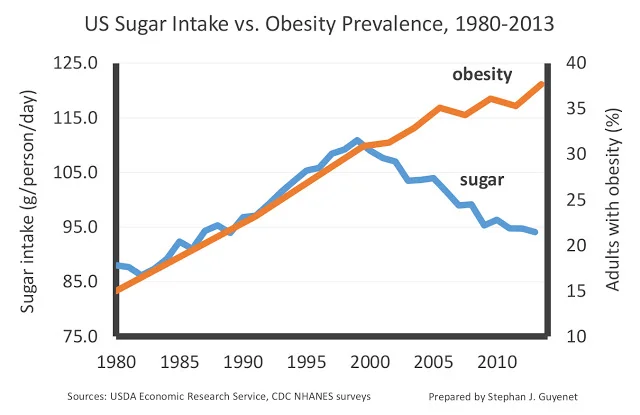Word Count: 808
Average Read Time: 3 minutes
How Many of these myths have you heard? Let me know in the comments!
All Calories are equal.
A Calorie is simply a unit of measurement for energy. When a food label says a food has 100 Calories, that means it provides 100 Calories of energy to your body, so in one sense, all Calories are equal, but where these Calories come from also matters.
Our bodies handle proteins, carbs, and fats differently. For example, if you eat Calories from protein, that food will be mostly used for rebuilding muscle tissues and other tissues. We will talk about what happens when you eat carbs and fats in the next two myths.
Carbs cause weight gain.
When we eat carbs, the pancreas detects the increased glucose levels in the bloodstream and releases insulin. Insulin then ushers the glucose into our liver, muscle, and fat cells to either be burned immediately for energy or to be stored for later use.
The issue is, insulin also inhibits lipolysis (fat breakdown) and stimulates lipogenesis (fat creation). Because of this, it has been portrayed that carbs make you fat. It is true that carbs cause fat storage; however, the part that is forgotten is that there is a large period of time between meals when we are burning those fat stores for fuel.
The amount of fat you store when eating minus the fat you burn between meals, over time, will determine whether you become lean, overweight, or stay the same. In other words, it comes down to your Calorie intake. (Click here to read or listen to the full blogcast.)
Eating fat makes you fat.
If you eat Calories from fat, that food will mostly be stored as body fat. No this doesn’t mean you can “cheat the system” by eating a low-fat diet. If your diet is low-fat, your body will simply burn less fat to compensate. In other words, it all comes down to your Calorie intake (again).
Sugar is the root cause of the obesity epidemic.
From 1980 to 1999, the obesity rate and rate of sugar consumption correlated almost perfectly. This led many researchers to believe that sugar intake was the primary driver of obesity. The issue is, after 1999, sugar intake in America went on a steep decline while obesity rates continued to climb.
Image from Dr Guyenet of Whole Health Source
This doesn’t mean sugar is completely off the hook though. Sugary foods have a one-two-punch when it comes to knocking out your fat loss. They are incredibly tasty and contribute very little to fullness. In other words, it’s very easy to overeat on sugar foods. For this reason, it is still a good idea to limit your intake of sugary foods. You just don’t have to completely eliminate them. (Click to read the full article.)
Sugar is addictive.
There was a study conducted in 1988 that looked at the brain’s dopamine response to hitting a lever for a food reward vs hitting a lever that would administer a dose of cocaine in rats. [1] (Dopamine is a neurotransmitter that works in the reward center of the brain. Dopamine increases when we enjoy something.) The conclusion of the study was that a food reward triggered a dopamine response in a similar fashion to cocaine.
With this information in hand, news outlets started reporting that sugar was as addictive as cocaine. Never mind the fact that the food rewards resulted in a 37% increase in dopamine levels in comparison to cocaine's five-fold increase. Cocaine provided a thirteen-times more powerful dopamine response than the food reward.
Cravings and addiction can appear very similar so let me give you a practical example to distinguish the two. Let's say you were craving a piece of chocolate cake. If you then eat a large meal that causes you to be uncomfortably full, you will most likely no longer want the cake. This is a craving, not an addiction. (Click to read or listen to the full blogcast.)
Takeaway
If you want to lose weight:
Eat fewer Calories than you burn.
Eat more protein.
If you want to gain weight:
Eat more Calories than you burn.
Carbs are not your enemy.
Fat is not your enemy.
Sugar is not your enemy.
(Click to Tweet this!)
Thank you so much for reading! If you found this information helpful and want to help the Treadaway Training blog grow, simply share this post with a friend. If you like what I have to say, sign up below to become a Treadaway Training insider and get notified for each blogcast and video. I will be back here Thursday with another fat loss topic. As always, God bless you AND your family and I'll see you Thursday.






